“Prayer, Magic, and the Stars in the Ancient and Late Antique World” edited by Scott Noegel et al
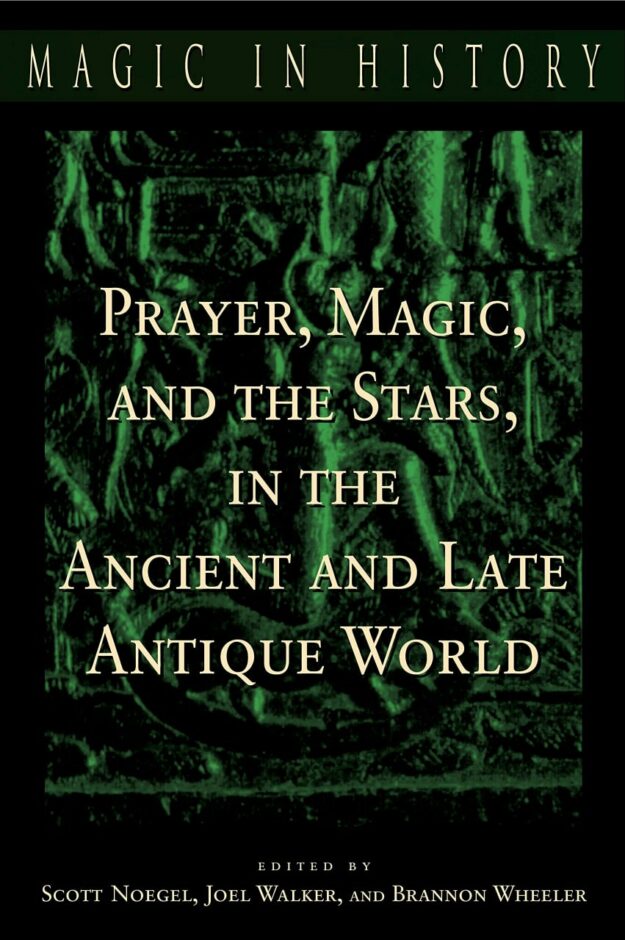
"In the religious systems of ancient Mesopotamia, Egypt, and the Mediterranean, gods and demigods were neither abstract nor distant, but communicated with mankind through signs and active intervention. Men and women were thus eager to interpret, appeal to, and even control the gods and their agents. In Prayer, Magic, and the Stars in the Ancient and Late Antique World, a distinguished array of scholars explores the many ways in which people in the ancient world sought to gain access to—or, in some cases, to bind or escape from—the divine powers of heaven and earth.
Grounded in a variety of disciplines, including Assyriology, Classics, and early Islamic history, the fifteen essays in this volume cover a broad geographic area: Greece, Egypt, Syria-Palestine, Mesopotamia, and Persia. Topics include celestial divination in early Mesopotamia, the civic festivals of classical Athens, and Christian magical papyri from Coptic Egypt. Moving forward to Late Antiquity, we see how Judaism, Christianity, and Islam each incorporated many aspects of ancient Near Eastern and Graeco-Roman religion into their own prayers, rituals, and conceptions. Even if they no longer conceived of the sun, moon, and the stars as eternal or divine, Christians, Jews, and Muslims often continued to study the movements of the heavens as a map on which divine power could be read.
The reader already familiar with studies of ancient religion will find in Prayer, Magic, and the Stars both old friends and new faces. Contributors include Gideon Bohak, Nicola Denzey, Jacco Dieleman, Radcliffe Edmonds, Marvin Meyer, Michael G. Morony, Ian Moyer, Francesca Rochberg, Jonathan Z. Smith, Mark S. Smith, Peter Struck, Michael Swartz, and Kasia Szpakowska.
Published as part of Penn State's Magic in History series, Prayer, Magic, and the Stars appears at a time of renewed interest in divination and occult practices in the ancient world. It will interest a wide audience in the field of comparative religion as well as students of the ancient world and late antiquity."
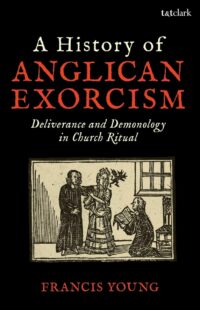
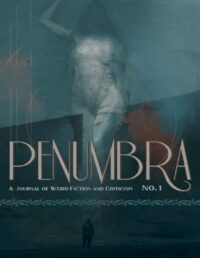
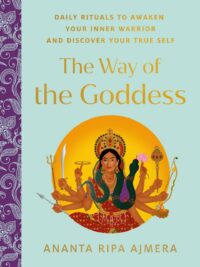
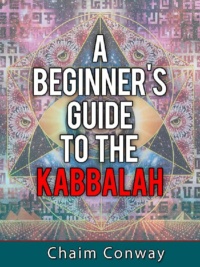

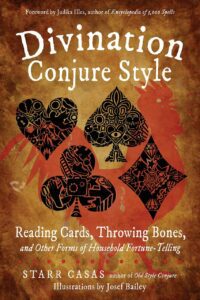
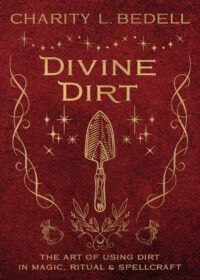
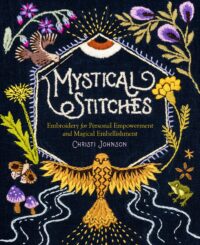

Comments and discussion can be found in the channel